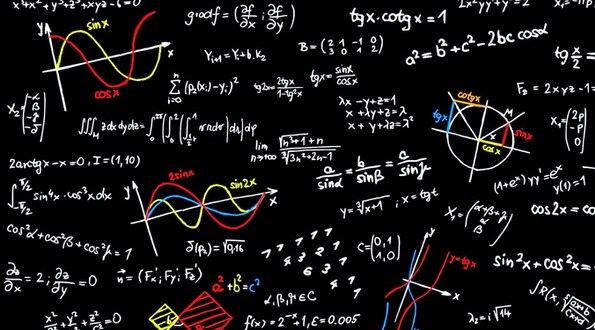
Assalamualaikum
Welcome to another edition of English Corner, my name is Rifki Kusmana. This is an article about Qur’anic Mathematics.
An Indonesian version of this article is available here.
“If there is a God, He’s a great mathematician.”
Paul Dirac
Specific mention of mathematics in the Qur’an is not mentioned explicitly, but is mentioned implicitly. As is the mention of numbers, which are the basis of mathematics.
The mention of these numbers shows the Qur’an’s attention to the field of science, especially mathematics. Everything has been determined with a clear and accurate composition.
“There is no doubt in this Book, and it is a guide for the pious”. (Q.S. Al-Baqarah [2]: 2)
The Qur’an can give knowledge to people directly, just as it was given to the Prophets and Messengers. Allah gives knowledge to those who are not Prophets and Messengers through the process of learning and actualising the potential of the mind and heart and senses that Allah SWT has bestowed on humans from birth.
So science should be enshrined for Allah SWT, that is, when someone who is knowledgeable, the more his knowledge should increase the more his faith and piety to Allah SWT. Many verses of the Qur’an provide instructions and encouragement for humans to use their minds, hearts, senses eyes, ears to gain understanding and knowledge.
The nature of science in the Qur’an is a series of human activities with scientific procedures through observation, reasoning, and intuition, and contains values of logic, aesthetics, wisdom, mercy and guidance for human life both in the world and in the future.
The Qur’an is used to develop mathematics, for example in the Qur’an there is that the Qur’an talks about groups, groups, or collections. Based on these two verses there are two concepts contained therein and can be further developed.
First, the concept of a group or collection of objects with certain properties called a set. Second, the concept of number which in each of these verses is expressed in many wings and many legs. That is a concept related to sets. A set is a collection of clearly defined objects.
One such Muslim mathematician was Muhammad ibn-Musa al-Khawarizmi, who I have written about in a previous article. He is famous for being the inventor of Fundamental Algebra. Another is Omar Khayyam, known as a polymath for his other work in Philisophy and Astronomy. As a mathematician, he is most notable for his work on the classification and solution of cubic equations, where he provided geometric solutions by the intersection of conics. In the next article I will cover Al-Qalasadi, a Mathematician from Andalusia.
And that’s it for today’s English Corner, I hope you have enjoyed this article and I hope to see you again. Thank you for reading.
Editor: Rifki Kusmana
Editor of the MDF English Corner





Komentar